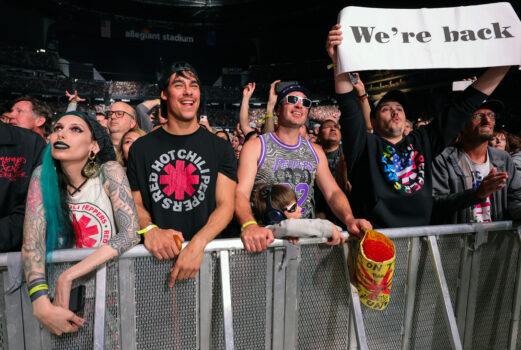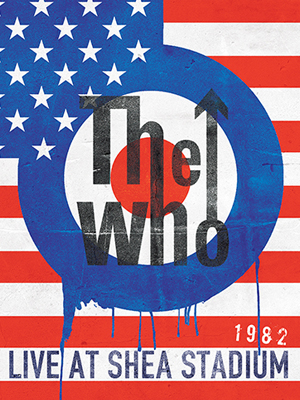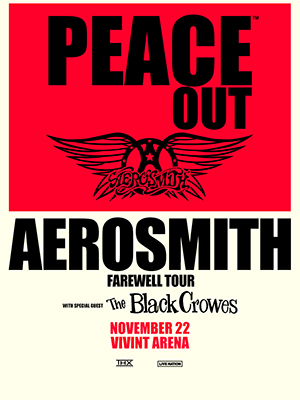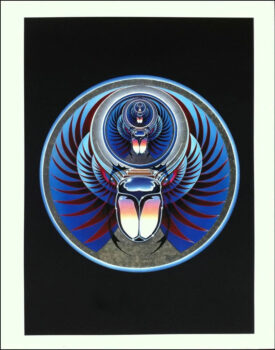Healthy Soccer Treats
Springtime is ripe with weekly practices and games as well as the age-old tradition of bringing snacks. There is no doubt about it, soccer players love to snack, and snacks help the players recharge. While there are plenty of packaged snacks to be found on grocery shelves, most of them are high in sugar, high in fat, and lacking the most important element… real, nutritional value.
By on May 29, 2014
Springtime is ripe with weekly practices and games as well as the age-old tradition of bringing snacks. There is no doubt about it, soccer players love to snack, and snacks help the players recharge. While there are plenty of packaged snacks to be found on grocery shelves, most of them are high in sugar, high in fat, and lacking the most important element… real, nutritional value.
Registered Dietician, Mindy Anhder says “we sometimes get into the mentality that we want to reward our kids for doing a good job and playing hard. But in reality, grabbing things like a bag of apples or a bag of oranges or bananas, it’s just as easy as going to the store and grabbing junk food.” Anhder says she’s been challenged by parents on the cost of healthy post-game snacks. “When I priced it out, bananas were actually cheaper than if I would have bought prepackaged cookies or some of those snack crackers. We want to reward our kids, but the reality should be that they got out and exercised, they learned about teamwork and working hard.”
Soccer mom, Jessa says she’s seen the effects of those sugary snacks with her kids. “Their blood sugar skyrockets and then they’re left at a plateau afterwards.” Anhder recommends snacks like trail mix, whole grain crackers, fresh or dried fruit, string cheese or yogurt. “When I pull out the bananas or the bag of apples the kids always run to get them. I’ve never had anyone turn me down and I usually get a lot of thank you’s from moms.”
“Most children burn about 150 calories. The snacks usually vary from 300-500 calories. We’ve done a great thing by letting them exercise and burn some calories but then we turn around and give them triple what they’ve burned.” When it comes to keeping our kids hydrated on the field, Anhder says water is best. Try to avoid sports drinks like Gatorade, for young children. They are designed for athletes or people who exercise for longer periods of time. Anhder recommends setting an example to our kids. “If they see us offering these types of things and bringing these types of things to their friends, then this is what they learn to love.”









